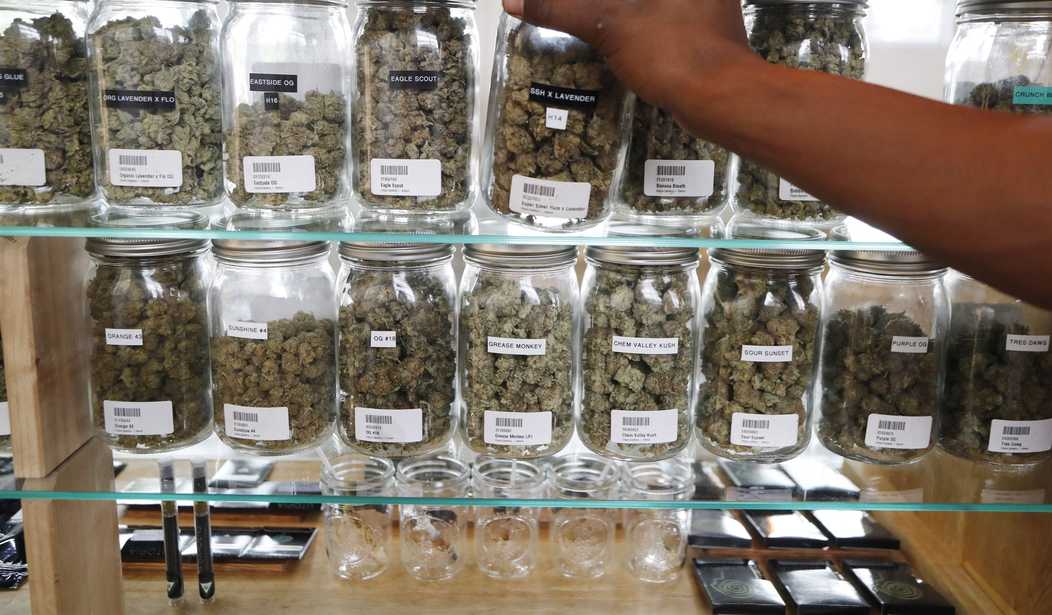A state lawmaker in West Virginia has presented a novel way to cut down on deaths resulting from the opioid crisis: Legalize marijuana.
During a media event last week, Craig Blair, president of the state Senate, argued in favor of making the plant legal for consumption and suggested it could decrease the number of people being affected by fentanyl coming over the southern border, which is often laced into commonly used street drugs.
Data from the Centers for Disease Control and Prevention (CDC) show that West Virginia had more fatal fentanyl overdoses per capital in 2022 than any other state in the nation.
The Senate president also noted that he sees a lot of West Virginia license plates at marijuana dispensaries when he’s visiting other states, according to West Virginia watch.
Speaking to the fentanyl problem, Blair also claimed at the event that “there is a problem in the state of West Virginia when marijuana, over 70 percent of it that gets tested, has fentanyl on it.” He is supporting legislaiton that would apply the death penalty to people who sell fentanyl.
It’s not clear what data, if any, Blair was referencing with that assertion. The organization Partnership to End Addiction says there’s “no solid evidence that marijuana is being laced with fentanyl.”
There is much debate over the extent to which fentanyl is being laced into marijuana. There have been reports to this effect, but many were unsubstantiated.
However, some have argued that legalizing marijuana would still lead to better outcomes related to fentanyl overdoses and other issues.
To be clear, marijuana sold on the unregulated market can be of variable quality and purity. In some instances, unscrupulous sellers may even taint cannabis with other controlled substances (though rarely, if ever, is fentanyl among them). In other instances, they may sell samples that inadvertently contain molds or other components that can pose serious dangers to health. Yet in other cases, they may peddle products laced with chemicals that seek to mimic the effects of cannabis, but that pose far greater health risks.
…
Under a legally regulated system, cannabis products are made available from licensed manufacturers at retail stores. Cannabis is cultivated, and products are manufactured, in accordance with good manufacturing practices. Products are lab tested and labeled accordingly — ensuring that consumers have access to products of verified purity and potency.
To date, 19 states have enacted laws regulating the adult-use cannabis market. To date, these policies are working largely as voters and as lawmakers intended. The illicit market is being disrupted (though not altogether eliminated) and fewer consumers are being exposed to tainted products.
Overall, the idea is popular with the American public, including Republicans, who have typically opposed legalizing weed.
While it is not quite clear how allowing marijuana consumption would affect the fentanyl crisis, it still seems reasonable to conclude that it would help address other issues stemming from purchasing weed on the street, along with other drugs.
However, as Blair indicated, it might be quite a while before West Virginians are able to consume marijuana without having to worry about being targeted by law enforcement.













Join the conversation as a VIP Member